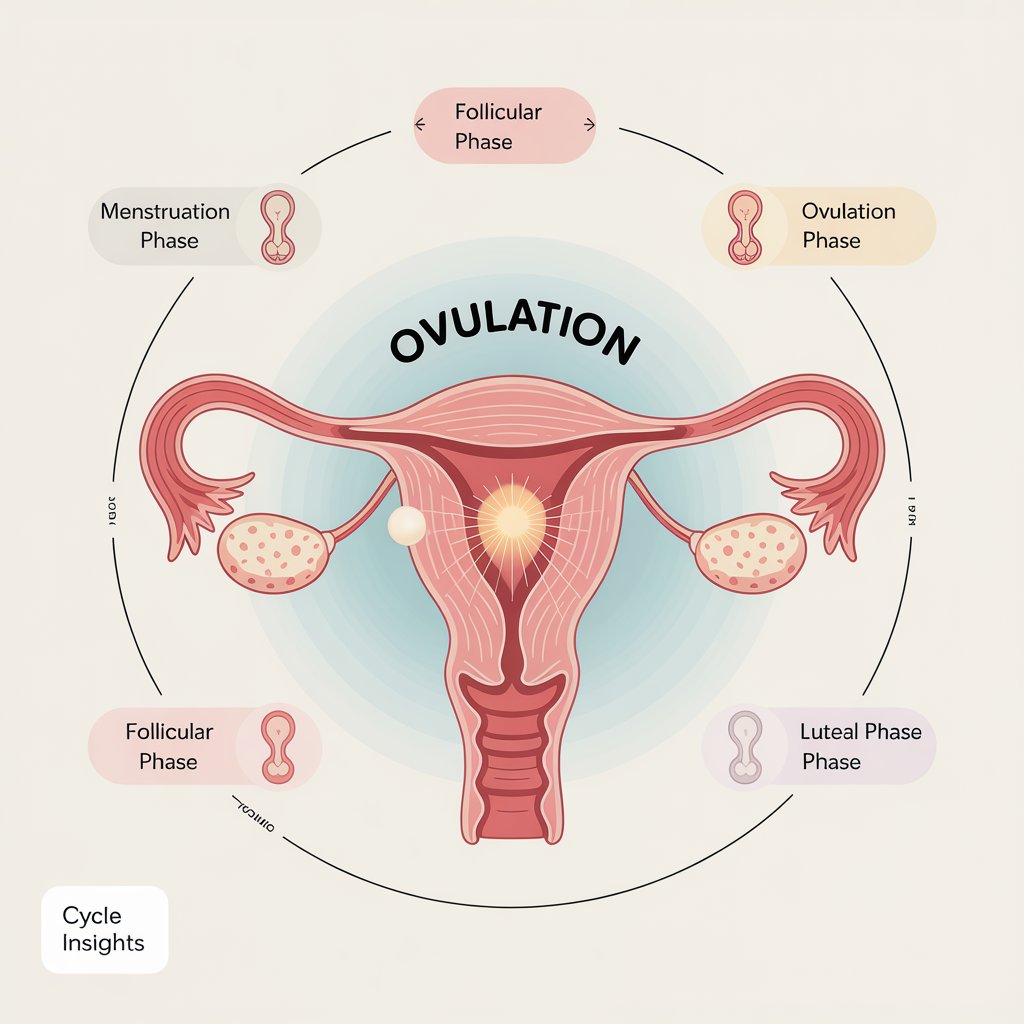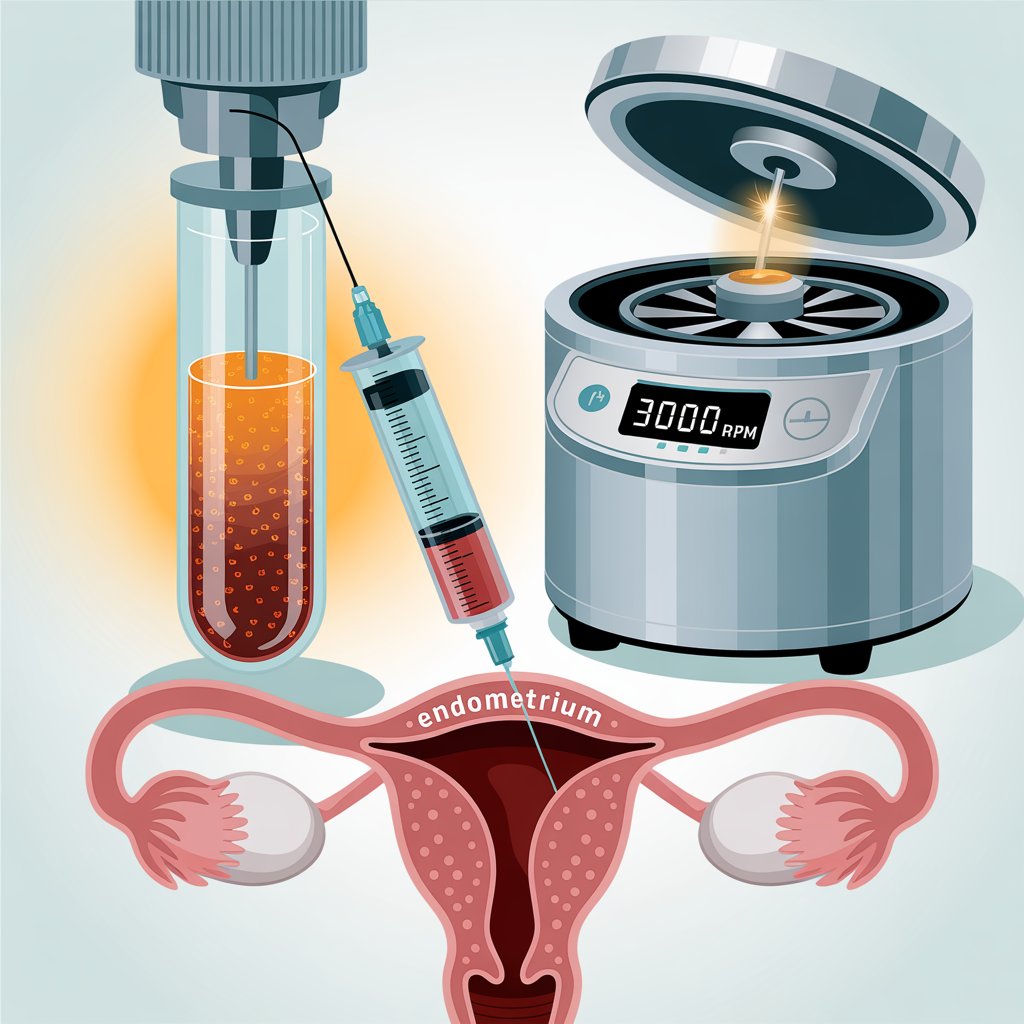Introduction
Many women assume that getting pregnant will be simple—until it’s not. When months pass without success, confusion and frustration often follow.
While some causes of infertility are widely known, others are often overlooked or misunderstood. If you’ve been trying to conceive and wondering what might be going on, here are six possible reasons that may be affecting your fertility journey.
1. Irregular Ovulation
Ovulation isn’t always predictable—and sometimes, it doesn’t happen at all.
Conditions like Polycystic Ovary Syndrome (PCOS), high stress levels, or thyroid dysfunction can throw off your cycle and delay or prevent ovulation altogether. If you’re not ovulating regularly, the chances of conception each month decrease significantly.
👉 Tracking ovulation through basal body temperature, ovulation kits, or ultrasound monitoring can help.
2. Male Factor Infertility
Fertility isn’t just a “woman’s issue.”
About 30–40% of infertility cases involve male factors. These can include:
- Low sperm count
- Poor motility (movement)
- Abnormal morphology (shape)
Sometimes, men appear healthy but have underlying sperm issues that require medical attention or assisted reproductive techniques like ICSI.
3. Tubal Blockage
Even if you ovulate and your partner has healthy sperm, a blocked fallopian tube can prevent conception.
Fallopian tubes are the meeting place for egg and sperm. Blockages—often due to past infections, endometriosis, or pelvic surgery—can go unnoticed unless specific tests like a hysterosalpingogram (HSG) are done.
🧪 Ask your doctor about imaging tests if you suspect a tubal issue.

4. Endometrial Health
The uterine lining plays a key role in supporting a fertilized embryo.
A lining that’s too thin or chronically inflamed may prevent implantation or lead to early pregnancy loss. Causes include hormonal imbalance, chronic endometritis, or repeated uterine procedures.
👩⚕️ Fertility specialists can assess your endometrial receptivity and offer tailored treatments.
5. Lifestyle Habits
Your daily habits may be affecting your chances—without you even realizing it.
- Smoking damages egg and sperm quality
- Excessive caffeine or alcohol disrupt hormone levels
- Poor sleep and high stress interfere with ovulation
💡 Lifestyle changes like clean eating, exercise, and stress reduction can improve your fertility outcomes over time.
6. Age-Related Fertility Decline
Fertility naturally declines with age, especially after 35.
Even if your periods are regular, egg quality and quantity decrease, increasing the risk of chromosomal abnormalities and miscarriage. This doesn’t mean pregnancy is impossible—but timing becomes a more critical factor.
🕰️ Consider egg reserve testing (AMH, AFC) and expert guidance if you’re over 35 and trying to conceive.
Final Thoughts
If you’ve been trying for 6–12 months without success, don’t wait in silence. Speak with a fertility specialist who can help identify the root cause and offer personalized solutions.
Knowledge is power—and the sooner you understand your body, the more empowered your choices become.



Leave a Reply